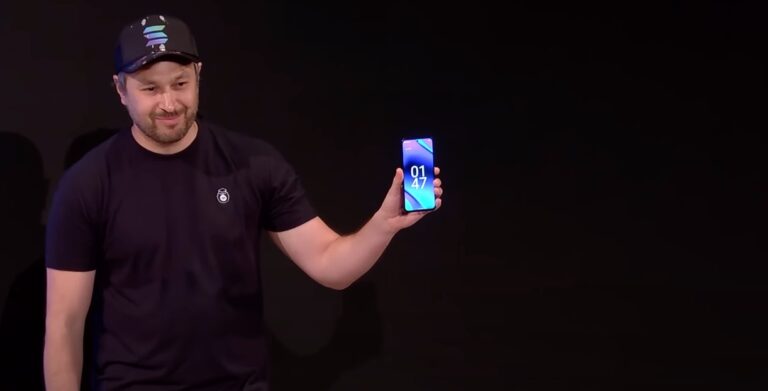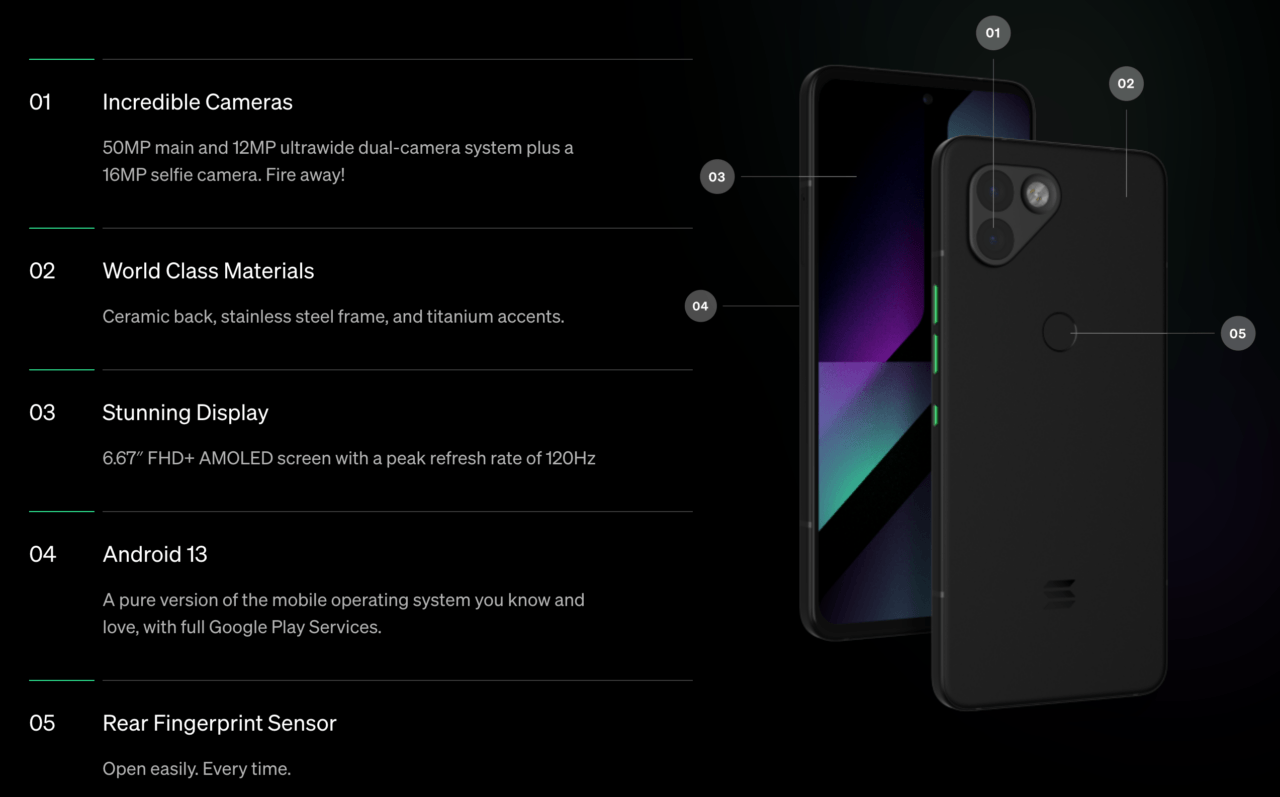MKBHD's Hard-Hitting Review of Solana Mobile's Saga
Background
Solana Mobile, a subsidiary of Solana Labs, entered the smartphone market with its crypto phone, the “Saga,” in April 2023.
https://youtube.com/watch?v=HpHLWRfTlm8%3Ffeature%3Doembed
A crypto phone is a specialized smartphone designed with enhanced security features to facilitate secure communications and transactions in the world of cryptocurrencies and blockchain technology. Initially priced at $1,000, the Saga’s price was reduced in August 2023 to “bring more people into the ecosystem.”
Developed in collaboration with OSOM, a company experienced in Android development for tech giants like Google, Apple, and Intel, the Saga aims to simplify and secure Web3 transactions and digital asset management, including cryptocurrencies and NFTs.
The device features a 6.67-inch OLED display, 12 GB RAM, 512 GB storage, and runs on the flagship Snapdragon® 8+ Gen 1 Mobile Platform. Unique to Saga is the Solana Mobile Stack (SMS), a suite of custom add-ons that integrate crypto functionality into the phone’s hardware and software. The phone’s secure element, known as the “seed vault,” stores private keys separately from other data, enhancing security.
Additionally, Saga offers a custom “dapp” store with a curated list of crypto applications. Solana has committed to not imposing “extractive fees” on dapp store apps, contrasting the 30% fee charged by Apple and Google.
When first introducing the phone, Anatoly Yakovenko, co-founder of Solana Labs, stated that Saga aims to set a new standard for the Web3 experience on mobile devices.
MKBHD’s Review
Historical Context and Build Quality
Marques Brownlee, widely known as MKBHD, begins his review by tracing the Saga’s lineage back to the Essential Phone, a promising but ultimately unsuccessful venture launched in 2017. The Essential Phone’s team later formed OSOM, which collaborated with Solana to create the Saga. Brownlee lauds the phone’s build quality, mentioning its matte stainless steel frame, colored titanium buttons, and ceramic back. However, he also notes that the device is heavy, weighing around 250 grams.
Specs and Performance
MKBHD pointed out that despite its premium build the Saga’s specs are average.He said that it features a 6.67-inch flat 1080p 120Hz display, a 4,100 milliamp-hour battery, and mediocre cameras. The device runs on last year’s Snapdragon 8+ Gen 1, with 12 GB of RAM and 512 GB of storage. Brownlee suggests that these specs do not justify the phone’s initial $1,000 price tag, which likely contributed to its price reduction.
Crypto Features
MKBHD then focused on the Saga’s crypto-centric features, highlighting three main aspects: the Solana Mobile Stack (SMS), the Seed Vault, and the Dapp store. According to MKBHD, the SMS serves as an SDK that allows apps to connect exclusively to the Solana blockchain. This feature limits the phone’s utility for users interested in other blockchains like Bitcoin or Ethereum. He also mentioned the Seed Vault, which provides a secure environment separate from the Android OS for storing a 24-phrase seed. Lastly, MKBHD pointed out that while the Dapp store is unique, it is not exclusive to the Saga and will be available on other devices.
Final Thoughts
Brownlee concluded by questioning the Saga’s value proposition, especially given its price drop and niche crypto features. He argued that even at the reduced price, there are better options available in the market. Brownlee’s final verdict resonated with his video title, advising most people to steer clear of the Saga, as it offers limited appeal beyond its niche crypto functionalities.
https://youtube.com/watch?v=hRSMJGs0YMg%3Ffeature%3Doembed
Companies like HTC with their Exodus phone, Sirin Labs with the Finney, and Samsung with blockchain features in some of their Galaxy models, have ventured into creating crypto phones.
These phones aim to provide a secure and convenient way for users to manage their digital assets and engage with blockchain technology. However, they often come at a premium price compared to regular smartphones.
Source: Read Full Article


